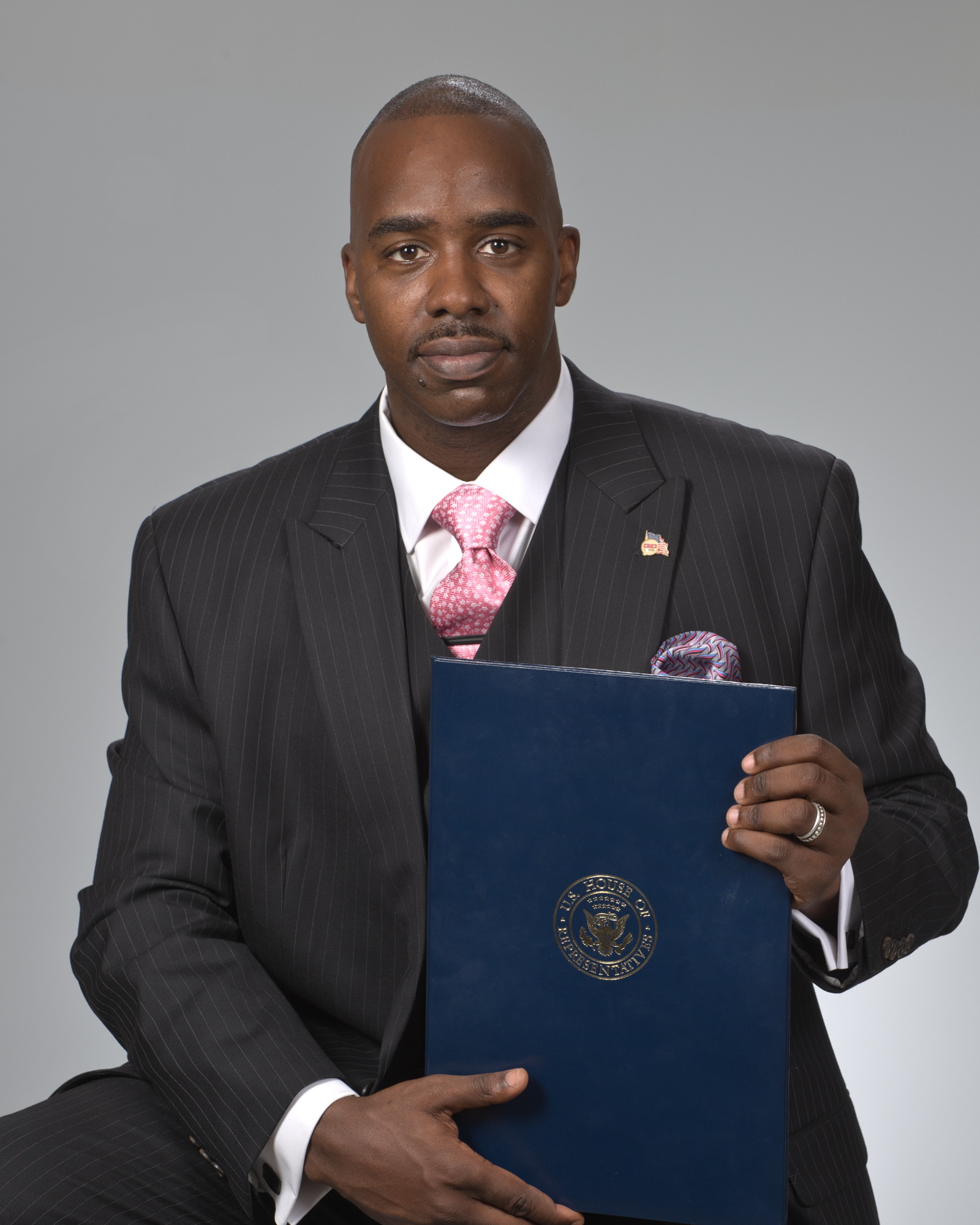They’re ba-ack! Anti-gun activists, axes in hand, looking to fell the Second Amendment tree, spurred on by the recent spate of mass shootings, including:
-
• Newtown, CT school shooting (14 Dec 2012): 26 dead, 2 wounded,
• Aurora, CO theater shooting (20 Jul 2012): 12 dead, 58 wounded,
• Tucson, AZ shooting (8 Jan 2011): 6 dead, 13 wounded, and
• Ft. Hood, TX Massacre (5 November 2009): 13 dead, 30 wounded.
Mother Jones compiled a list of US mass shootings, going back to 1982. They found 62 occurrences, which killed 513 and injured 494, 1,007 victims total…in 30 years.
However, gun control supporters could argue the “problem” has worsened…since Obama became president. Since 2009, 15 shootings killed 139 and wounded another 129; more than one-quarter of the deaths of the last 3 decades have occurred in just the last four years.
Still, the “problem,” for which some want new federal legislation, kills 35 people….per year…in a nation of more than 310 million. While the low numbers comfort no one who lost a loved one, they do call into question the true urgency of the matter.
Interestingly, 513, the number of US mass shooting fatalities in the last 3 decades matches the number of Chicago homicides in 2012; guns killed 441 of the victims. This carnage occurred, despite Illinois gun laws which forbid concealed or open carry, and prohibit the transport of loaded firearms. No one seeks to explain how gun laws which allowed Chicago to kill, in one year, as many people as died nationally from mass shootings in 30 years, would reduce deaths nationwide. However, this is liberal politics; logic is not a prerequisite.
Using the time-honored “compassion” chant of “we must do something,” liberals have bum-rushed the national legislature, trotting out a sympathetic mass shooting victim (conveniently, a gun-owner) to testify before the Senate, saying “we must do something”, without saying what “something” should be. Chicago Mayor (and former Obama chief of staff) Rahm Emanuel wants banks to boycott gun manufacturers, as though that removes any of the more than 300 million guns already made from anyone’s hands.
Obama dutifully made his proposals, announcing them with elementary-school-aged gun control advisers present, and an expanded “we must do something” mantra: “…if there’s even one thing we can do to reduce this violence, if there’s even one life that can be saved, then we’ve got an obligation to try…”
The president then signed 23 Executive Orders that, had they been in place on 14 December 2012, would have spared no one in Newtown, Connecticut….or Aurora, Colorado before that….or Tucson, Arizona before that.
Perhaps gun control advocates are unaware that they want as law has been the law since the Gun Control Act of 1968. The act made it illegal, more than 4 decades ago, to sell weapons or ammunition to anyone the seller knows or has reason to believe:
-
1 – is indicted for, or convicted of, a crime punishable by a prison term exceeding one year,
2 – is a fugitive from justice,
3 – is a substance abuser or addict
4 – is ruled a mental defective or has been committed to any mental institution,
5 – is an illegal immigrant,
6 – is dishonorably discharged from the military,
7 – is an American that renounced his citizenship,
8 – is subject to a restraining order, or
9 – is convicted of misdemeanor domestic violence.
Despite the law, Newtown, Aurora, and Tucson occurred. If that could not prevent the tragedies, then what would, aside from dismantling the 2nd Amendment itself? Despite all assurances to the contrary, logic dictates that to be the aim of gun control advocates. In the meantime, more workable issues receive short shrift:
-
• Adam Lanza’s mother sought to commit him to a mental facility, but the ACLU has fought hard to make sure that committing a person against their will is a long and difficult process.
• The man who shot Gabby Giffords was a known loon, but it is not “politically correct” to remove a nut job from among us, so 6 people are dead and a U.S. Congressperson nearly became a vegetable.
• James Holmes had 3 folks shrinking his head before he opened fire in Colorado, but they apparently told no one, and Mr. Holmes may have used federal grant money from the National Institutes of Health to buy his weapons and ammo.
I’ve heard no call to ease the process of institutionalizing the mentally unstable; to look at how mental health professionals evaluate warning signs, and decide which ones to report and which ones to ignore; to keep federal grants from financing weapons purchases.
All emphasis is upon reducing the rights of those who do no wrong, and have nothing wrong with them, from exercising a constitutional right, and a right put in place precisely to protect people from a government that would seek to infringe upon that right. Consequently, the government wants to change the subject when it comes to the 2nd Amendment’s purpose.
When Andrew Cuomo screams, “No one needs 10 bullets to kill a deer”, and Obama says gun control advocates should be sensitive to hunting traditions, they restate and mis-state the entire debate.
The 2nd Amendment is not about hunting or firing at targets. It is about resisting government tyranny. Heck, even Ice-T knows that.
[youtube]http://www.youtube.com/watch?v=jPMfWqLhFGU[/youtube]
How can a rapper have clarity on the issue, yet the smartest man ever to be president seems confused?
Obama’s not confused. He has an agenda – to increase government power at the expense of individual liberty. He knows an armed citizenry will not bow to government, even if outgunned by law enforcement or the military (has the Arab Spring taught us nothing?). And Americans do not back down from “unwinnable” conflicts. However, a people unable to defend themselves are much more pliable.
This is not about guns, never has been. It is about whether we remain a government of, by, and for the people, or become a people of, by, and for the government. And, while Obama deflects with gun control and immigration, the economy that escaped recession before any of his policies took hold is contracting under Obamanomics.
Obama’s attack on the economy will last much longer than any mass shooting and is poised to make victims of us all.






